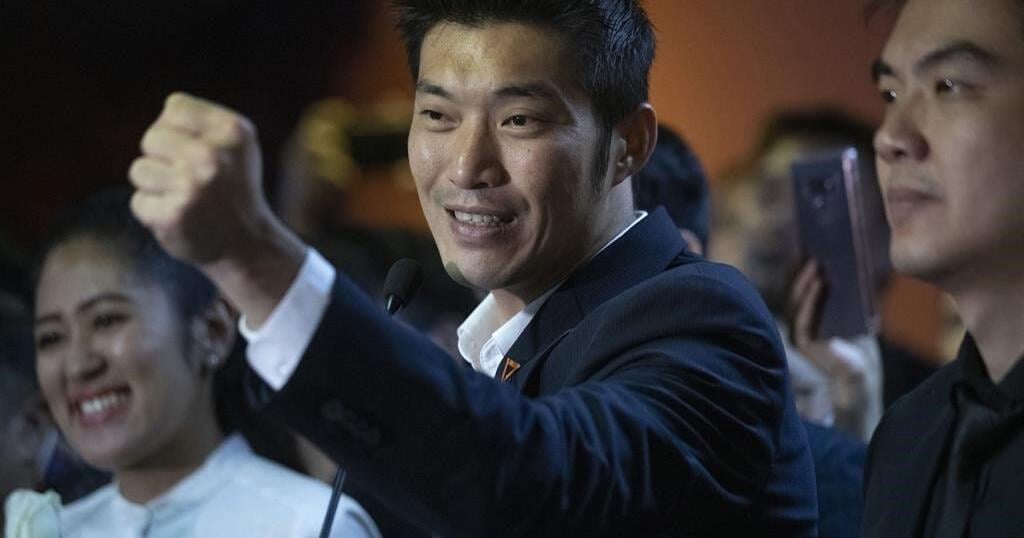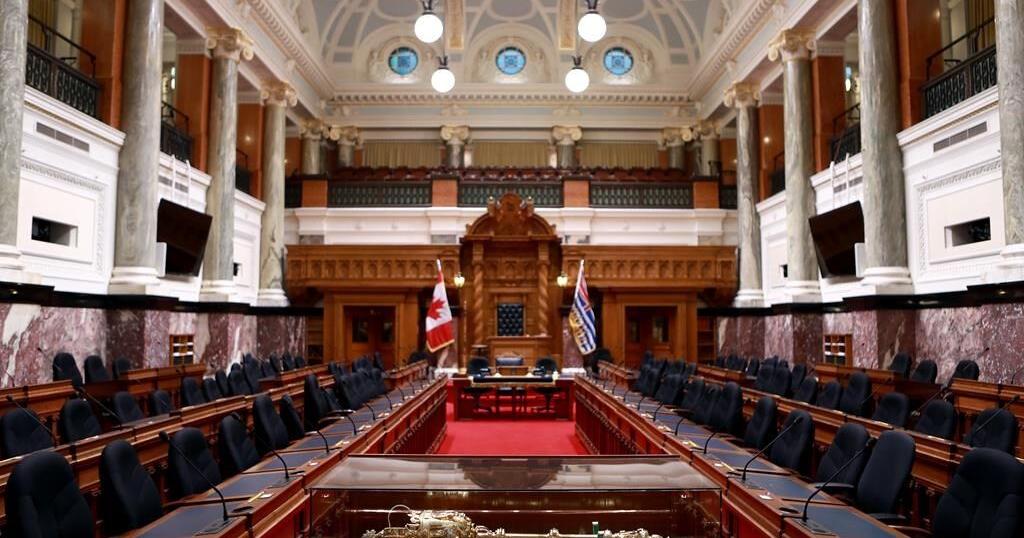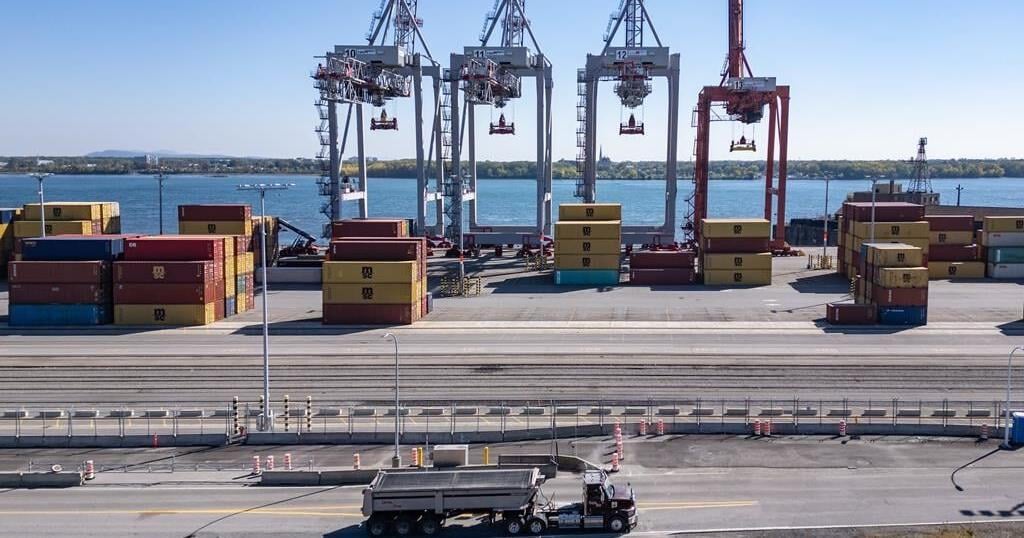BANGKOK (AP) — Wednesday’s decision by Thailand’s Constitutional Court to oust Prime Minister Srettha Thavisin after just under a year in office was jarring, but not entirely a surprise given what critics say is the expanding overreach of unelected bodies.
Thais have long been accustomed to sudden changes of government due to military coups, numbering more than a dozen since the 1930s. But in the past two decades, they have increasingly seen such changes imposed by the courts, which have ousted four prime ministers and dissolved three election-winning political parties, often on narrow technical grounds.
In most cases the targets were viewed as challengers to the traditional royalist establishment, whose most powerful defenders are the army and the courts.
Other nominally independent state bodies such as the Election Commission and the National Anti-Corruption Commission also have controversially exercised constitutional powers to purge officeholders.
Wednesday’s court ruling ousted Srettha for breaching a law on ethical behavior by appointing a Cabinet member who had gone to prison in a 2008 case involving an alleged attempt to bribe a judge.
“The Constitutional Court’s decision to dismiss Prime Minister Srettha Thavisin and his entire Cabinet exemplifies the overreach of undemocratic institutions within Thai politics and public life,” said Mookdapa Yangyuenpradorn, a human rights associate at the Fortify Rights group.
“This ruling is not an isolated incident but instead reflects a troubling pattern of unelected officials wielding disproportionate power over elected political leaders,” she said.
The ruling was the court’s second major exercise of political power in about a week.
On Aug. 7, it dissolved the progressive Move Forward Party, which won the most seats in last year’s election but was blocked from taking power when it could not secure the support of another conservative institution, the Senate, whose members refused to endorse its candidate for prime minister.
The court said the party violated the constitution by proposing to amend a law against defaming the country’s royal family, which it said amounted to an attempt to overthrow the nation’s constitutional monarchy.
Prajak Kongkirati, a political scientist at Bangkok’s Thammasat University, described the court’s actions as “judicial coups.”
“The judiciary cemented its power over the legislative branch when they ruled against amending a law, and over the executive branch with the removal of the head of government over the appointment of one minister,” he told The Associated Press. Its rulings upset “the usual checks and balances in a democratic system,” and show that Thailand is not a democracy, he said.
A reformist 1997 constitution underlined the independence of agencies and courts in a way that was intended to strengthen democracy by combating money politics that fostered corruption. The courts, especially the Constitutional Court, were supposed to serve as ultimate, nonpartisan arbiters.
However, these bodies in 21st century Thailand have been accused of using laws to cripple or crush opponents of the royalist establishment. A 2017 constitution enacted under a royalist military junta only strengthened their powers.
Khemthong Tonsakulrungruang, a Thai constitutional law expert, wrote last year in the New Mandala blog, that the Election Commission and the Constitutional Court have engaged in “heavy-handed” intervention in Thai politics. They’re known to be biased in favor of the military, and against the “democratic camp,” Khemthong said.
“They’ve become a potent weapon to harass a democratic leader,” he said.
The royalist establishment opposes any group suspected of disloyalty to the country’s monarchy. Its main target over the past couple of decades has been the political machine of former Prime Minister Thaksin Shinawatra, though in recent years it also has gone against a new progressive political movement with no ties to Thaksin. Faced with what it deems a more existentialist threat from the new progressives, it has turned down the heat on Thaksin’s bloc, which in turn has softened its once-strident populist tone.
Thaksin, a telecoms billionaire who formed his own Thai Rak Thai political party and promoted innovative populist policies to sweep to power in 2001, was ousted by a military coup in 2006, accused of abuse of power and corruption, as well as disrespect toward then-King Bhumibol Adulyadej.
His ouster sharply polarized Thai politics, setting off years of contention between his supporters and opponents, sometimes violently in the streets, at the ballot box and in the courts.
Since his ouster, his Thai Rak Thai Party was dissolved in 2007 for violations of election laws, and its successor, the People’s Power Party, made a political comeback but was dissolved in 2008, after its deputy chairman was convicted of electoral fraud.
Two of the People’s Power Party prime ministers came and went in quick succession. One of them, Samak Sundaravej, was ousted when the Constitutional Court found he violated a conflict of interest law by continuing to accept nominal pay for hosting a TV cooking show.
Thaksin’s forces in the 2011 general election staged another political comeback, in their third incarnation as the Pheu Thai Party, with Thaksin’s sister Yingluck Shinawatra, taking the post of prime minister.
Aggressive street protests undermined her authority, and in May 2014, the Constitutional Court forced her out of office when it found her guilty of abuse of power for transferring a senior civil servant. A few weeks later her Pheu Thai government was ousted by a military coup.
In 2020, the Constitutional Court dissolved the Future Forward party, a new progressive party that won the third highest popular vote in the 2019 election. The court ruled that it had violated a law on donations to political parties. As in the other party dissolution cases, its executives were served with bans on political activities for several years.
The party was reconstituted as the Move Forward party, which suffered a similar fate earlier this month but quickly reconstituted itself under the name of the People’s Party.
“In what kind of democracy is a court, endorsed directly or indirectly by coup makers, given the power to disenfranchise 14 million voters by dissolving their chosen party and unseat a democratically elected prime minister, all within one week?” Napon Jatusripitak, a political science researcher at Singapore’s ISEAS-Yusof Ishak Institute, said in reaction to the court’s most recent actions.
Its rulings, he said, “remind us that entrenched institutions continue to check the power of elected forces in Thailand. Until a broader consensus is reached on their overreach, no real democracy can take root in Thailand.”
___
Follow AP’s Asia-Pacific coverage at
























